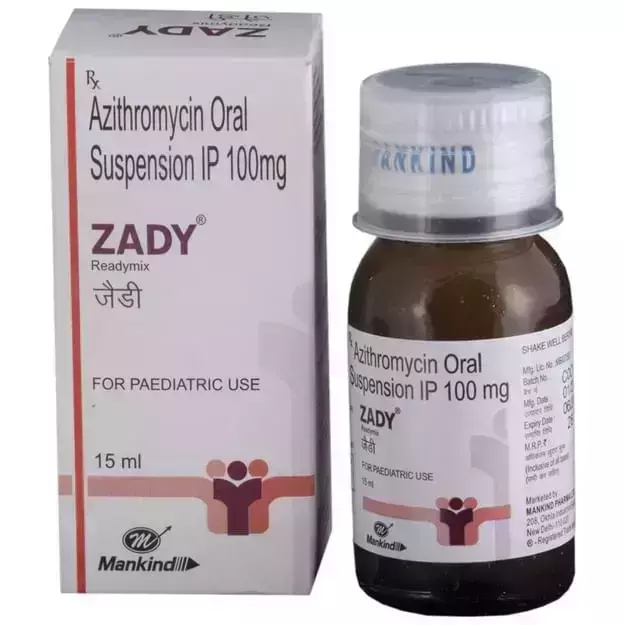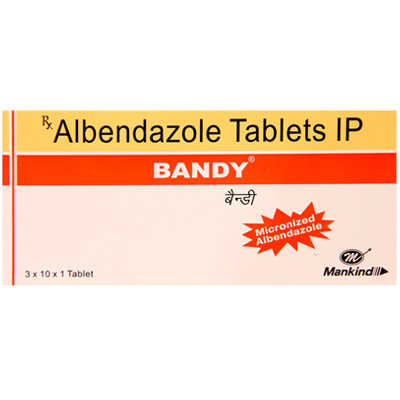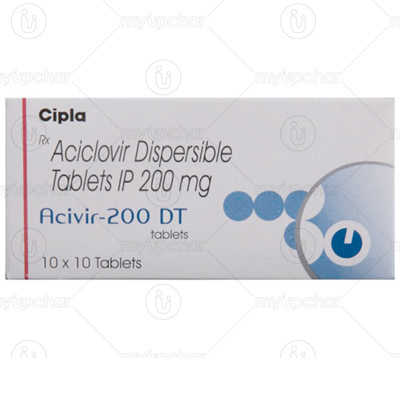Azid is a commercial drug that is prescribed in the form of Syrup, Tablet. Primarily, it is used for the treatment of Ear Infection, Tonsillitis, Pneumonia. Secondary and off-label uses of Azid have also been mentioned below.
The right dosage of Azid depends on the age, gender, and medical history of the patient. The condition it has been prescribed for, and the route of administration also determine the right dosage. This information has been provided in detail in the dosage section.
The side effects typically associated with Azid include Nausea or vomiting, Diarrhoea, Headache. Besides the aforementioned side effects, there are other adverse effects of Azid as well, which are listed below. Such side effects of Azid normally do not last long and go away once the treatment is completed. If, however, they worsen or do not go away, please speak with your physician.
It is also important to note that Azid has a Safe effect for pregnant women and Safe effect on lactating mothers. In addition, Azid's effects on the liver, heart and kidney are discussed below in the Azid related warnings section.
Some other conditions that can be affected by Azid are listed in the contraindications section below.
Drug reaction of Azid with other medicines has been reported. Refer to the list below for further details.
Along with the above-mentioned precautions, remember that taking Azid is considered safe while driving, and is addictive.
X





























